Celebrating Pride Month 2020
History on Pride and resources for the LGBTQ+ community
The LGBTQ+ Community. Photo created by Haresh Oudhnarine
June 29, 2020
The month of June is coming to an end and that means, so are the festivities of Pride month. Celebrations of waving the rainbow flag, spreading love, and marching for the injustice the LGBTQ+ community has been facing for a long time are what the festivities are all about.
As we continue to celebrate the lives of LGBTQ+ individuals, it is important to highlight the history of how it all began and the sacrifices that were made.
How Pride Celebrations Began
In the 1960s, it was illegal for individuals to be homosexual, and the police would make arrests if people were in a same-sex relationship. During this time period, it was a common practice for police officers to raid bars late at night where they knew many LGBTQ+ individuals would hang out. Those bars served as a sanctuary for where LGBTQ+ individuals could freely express themselves, interact with people who felt the same way, and let go from a world that would constantly restrict their identities. One such bar was the Stonewall Inn, a very popular gay bar located in New York City.
The Stonewall Inn served as a safe haven for the LGBTQ+ community, and it was one of the few gay bars where the patrons were allowed to drink and dance and simply have a good time. The bar even saw the emergence of Drag Queens. In the early hours of June 28, 1969, eight police officers raided the Stonewall Inn with the hopes of making a few arrests. The police officers who raided the Stonewall Inn had a warrant and they immediately arrested up to 13 people at the start of the raid.
Many individuals were not happy about the way they were being treated. Rather than leaving the scene, many of them hung around outside in disbelief and anger. Marsha P. Johnson, an African American trans woman and LGBTQ+ rights activist, famously threw a shot glass at a mirror and exclaimed “I got my civil rights!” when the riots broke out. Johnson became one of the most prominent figures to be remembered from the event.
As the riots picked up, the police officers became barricaded inside of the bar while the rioters were protesting outside. The community was tired of being oppressed for being themselves.
The next day, over 1,000 individuals showed up to the Stonewall Inn to protest. The protest lasted a total of 6 days. Due to the media coverage, the world started to become more accepting of the LGBTQ+ community as well as allowing individuals of the community to realize that they were not alone.
On the one year anniversary of the Stonewall riots, the “Christopher Street Liberation Day” parade was held, where thousands of individuals marched from the bar to Central Park. This became known as the first annual Pride parade.
Recurring yearly during the last weekend of June, Pride parades around the United States began springing up in major cities. They celebrated the liberation the LGBTQ+ community received from the Stonewall riots. They celebrated the presence of LGBTQ+ individuals in a world that wanted to reject them. This year marks the 50th anniversary of the Pride march and 51 years since the eventful Stonewall riots.
Same-sex marriage became legal in the United States on June 26, 2015.
The NJCU LGBTQ+ Alliance Club
One of the resourceful services that NJCU provided in the past was the LGBTQ+ Alliance Club. Due to the club not being able to fulfill the requirements created by the Student Government Association (SGA), the club decided its disbandment early on in the spring semester of 2020.
In an email interview, Percy Totten, the former secretary of the Alliance club, says, “After a rocky fall semester, the NJCU LGBTQ+ Alliance Executive Board worked through Winter Break to make sure we would have a great spring semester. As the new semester began, however, it became apparent that only three of us would be able to continue the club.”
He further explains, “We tried our best to make it work, but with increasing requirements for being an active club in order to continue to receive funding from the school [SGA] for future semesters, we felt a great deal of pressure. The breaking point came when my partner and I suddenly became homeless. We realized we could no longer be a part of the E-Board while we struggled to put a roof over our heads on top of work and school. Gia couldn’t run the club all by themselves, and we couldn’t find anyone willing to take on the vacant E-Board positions, so we talked to our club advisor, Liz Hickey, and took steps to temporarily disband the Alliance – just for the semester. We were told by another staff member that the club would not be disbanded because it was too important to the school.”
Totten continues and speaks on the LGBTQ+ representation within the school’s culture. He says, “If the club is too important to the school, why then does a few students going through a rough patch suddenly mean there is no more LGBTQ+ representation in the school’s culture? Why is LGBTQ+ representation on campus left up to students to maintain and not ensured by staff and administration? Why is the PRIDE Center not staffed by a trained, LGBTQ+ professional who could facilitate the space for LGBTQ+ students who need assistance? I have told friends this time and time again, but it bears repeating: I would love to help provide those in my community with support and resources, but I’m also one of those individuals who needs support and resources… It is difficult to estimate our numbers since being an “out” LGBTQ+ student can be scary. Even though the club is for LGBTQ+ students and allies, self-identified LGBTQ+ students at NJCU have expressed concern about being associated with the club for fear of being outed. Despite what we may want to believe about our culture, it can still be dangerous to be an LGBTQ+ individual, and NJCU is not immune to this fact. Our staff and administration at NJCU need to step up in ensuring LGBTQ+ students’ safety and well-being. “
Percy Totten mentions that the disbandment of the Alliance Club led to creating the Faculty-Staff Alliance advised by Liz Hickey. He says, “This group is meant to help the student alliance and circulate best practices to support LGBTQ+ students in and out of the classroom.” If any students, staff or faculty are interested in being a part of this group, please contact Liz Hickey at [email protected]
For the Fall 2020 semester, if anyone is interested in joining the NJCU LGBTQ+ Alliance E-Board, please refer to the alliance club at [email protected]. For any questions, comments, or concerns, please contact @njcualliance on Instagram.
Resources
The following are invaluable resources and contact information at NJCU and other organizations where you can receive support as an LGBTQ+ individual in addition to learning more about the LGBTQ+ community.
On-Campus:
The LGBTQ+ Support Group
The Support Group is a “space for queer and trans-identifying students to discuss personal and social issues in the community, gain support, and build FIERCE relationships with self and each other.” Jennifer Mullan, the facilitator of the Support Group, can be contacted for assistance at 201-200-3165.
Speicher-Rubin Women’s Center for Equity and Diversity
The Women’s Center is open to helping all students, regardless of gender. The center strives to “advocate, educate, and provide support and referral services in order to address cultural diversity and to achieve equity for women as well as under-represented students with respect to ability, race, color, national origin, sex, disability, sexual orientation, gender identity or religion.” Students can contact the Women’s Center at [email protected] or call 201-588-5353.
Counseling Center
The Counseling Center at NJCU provides “Let’s Talk” sessions. These sessions include, “one-on-one confidential consultations to assist students with specific personal concerns (e.g. academic struggles, relationship conflicts, advice regarding a disagreement with a roommate, stress management skills)… These one-time, 25-minute consultations are not meant to be a substitute for psychotherapy, but rather a meeting with a counselor that is goal-oriented.”
To request a session of “Let’s Talk,” students can email the Counseling Center at [email protected] with their name, Gothic ID number, and phone number.
Off-Campus:
Jewish Family and Children’s services (JCFS)
“JFCS provides a safe, welcoming, and inclusive environment for members of the LGBTQ community throughout their lives. We have created a place where sexual orientation, gender identity, and expression can intersect to be embraced, affirmed, and celebrated.” JFCS provides counseling as well as support for the LGBTQ community.
They can be reached at (856) 424-1333 or students can fill a “Request Service E-Form,” located on their website.
https://jfcssnj.org/lgbtq-support/
Newark LGBTQ Community Center
“The Newark LGBTQ Community Center is a volunteer-run, community-based organization committed to providing safe space, programs, and services that support the well-being of the LGBTQ community and our allies in the Newark, New Jersey area.” The Newark LGBTQ Community Center provides a list of helpful resources on their website.
https://newarklgbtqcenter.org/resources/
The Trevor Project
“Provide crisis counseling to LGBTQ young people thinking of suicide. Offer resources, supportive counseling, and a sense of community to LGBTQ young people to reduce the risk that they become suicidal. Educate young people and adults who interact with young people on LGBTQ-competent suicide prevention, risk detection, and response. Advocate for laws and policies that will reduce suicide among LGBTQ young people.”
Contact #: 1-866-488-7386
https://www.thetrevorproject.org/get-help-now/
Trans Lifeline
“Trans Lifeline was founded in 2014 as a peer-support crisis hotline. The Hotline was, and still is, the only service in the country in which all operators are transgender. Because of the particularly vulnerable relationship transgender people have with police, it is also the only service in the country with a policy against non-consensual active rescue.”
Contact #: 877-565-8860
https://www.translifeline.org/
COLAGE
“A national movement of children, youth, and adults with one or more lesbian, gay, bisexual, transgender and/or queer (LGBTQ) parents. They build communities and work toward social justice through youth empowerment, leadership development, education, and advocacy.” For more information and resources provided by COLAGE, please visit their website.
https://www.colage.org/resources/
LGBT National Help Center
“The Lesbian, Gay, Bisexual, and Transgender (LGBT) National Hotline provides telephone, online private one-to-one chat, and email peer-support, as well as factual information and local resources for cities and towns across the United States.”
Contact #: 888-843-4564
https://www.glbthotline.org/national-hotline.html
Take A Stand―Donate to Help The LGBTQ+ Community
The following are organizations to donate to in order to help support homeless youth, gender equality progress, as well as identity discrimination.
“Trevor Advocacy: Youth Homelessness”
https://www.thetrevorproject.org/get-involved/trevor-advocacy/homelessness/
“The Salvation Army”
https://www.salvationarmyusa.org/usn/the-lgbtq-community-and-the-salvation-army/
“National Center for Transgender Equality”
“Equality Federation”
https://www.equalityfederation.org/donate/
“The National Queer and Trans Therapists of Color Network”
Make a Difference―Sign Petitions
The following are petitions from Change.org that need our help. Please refer to the links provided in order to sign these petitions.
“Abolish current anti-LGBT laws and protect LGBT people in Poland, call the EU to intervene”
“Reinstate laws that protect LGBT people’s right to healthcare”
“End LGBT violence in schools”
If you or anyone you know is in need of immediate support, please refer to the link below for LGBTQ+ hotline services.
https://lgbtqia.ucdavis.edu/support/hotlines
Sources:
https://www.history.com/topics/gay-rights/the-stonewall-riots



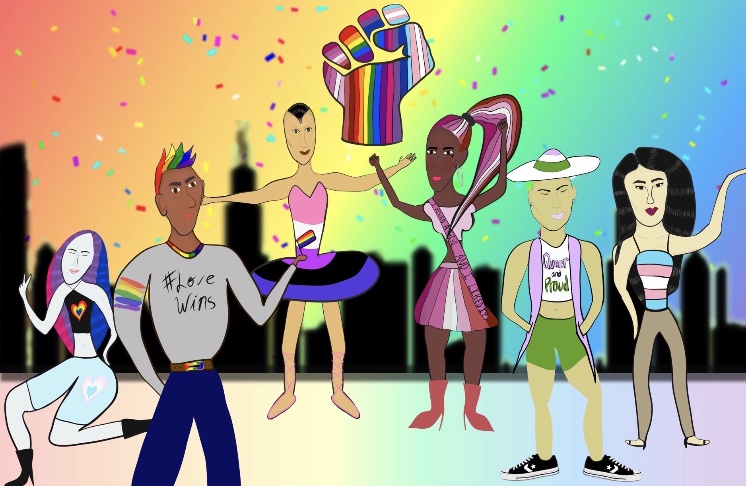
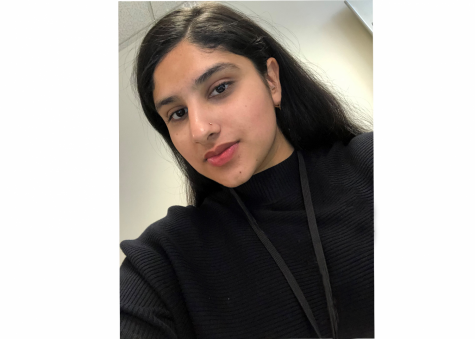
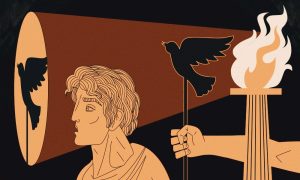
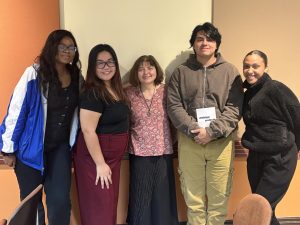

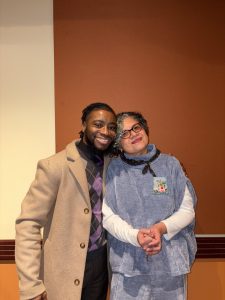
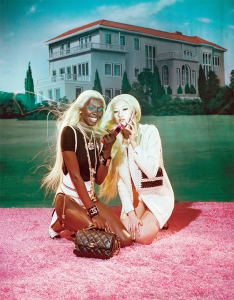



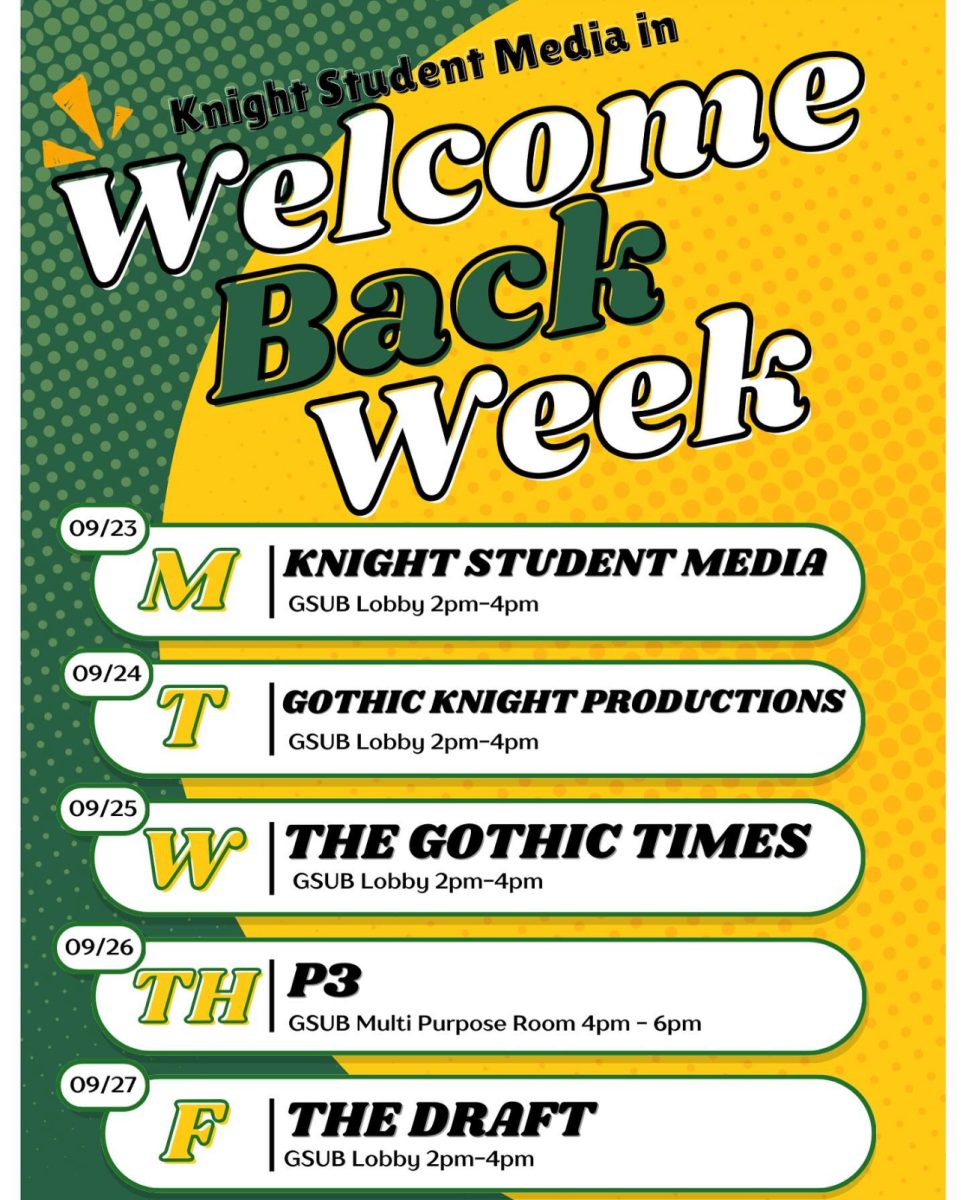
hhh • Jun 30, 2020 at 3:03 am
very good